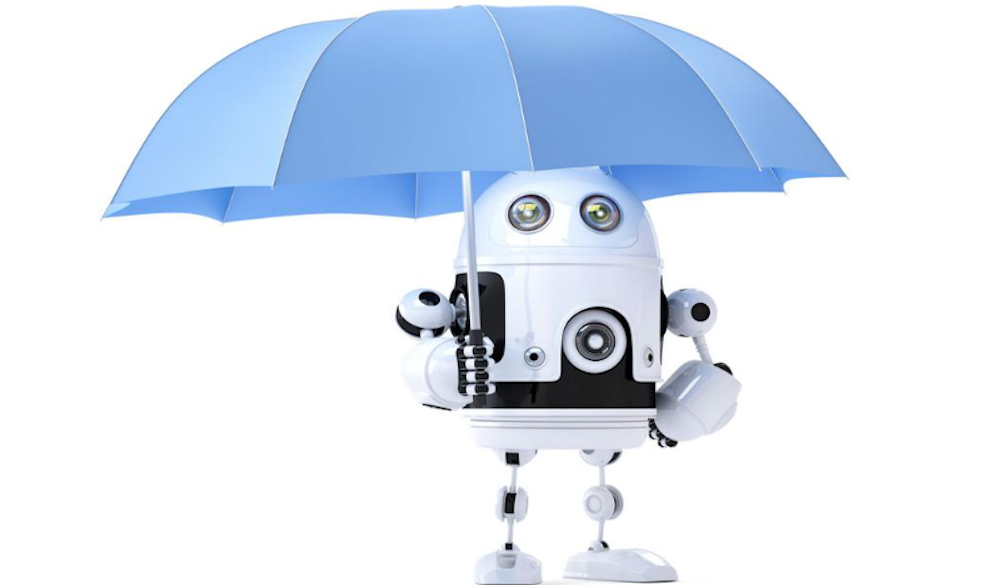3 Ways Your School District Can Use AI to Better Education

In an era where technology continuously reshapes every aspect of our lives, schools must embrace advanced tools to enhance education. Artificial intelligence (AI) is at the forefront of this transformation, offering innovative solutions to traditional educational challenges. By leveraging AI, school districts can not only streamline processes but also enrich the educational experience for students and educators alike.
It Can Keep Schools Safer
AI technology contributes significantly to enhancing school safety by monitoring and analyzing surveillance footage in real time. It can detect unusual behavior patterns or unauthorized access, alerting security personnel promptly to potential threats. This proactive approach ensures that preventive measures are in place before any harm can occur, fostering a safer learning environment for both students and staff.
According to a survey highlighted in Forbes, nearly half of professionals are confident in implementing AI strategies for security improvement. This growing trust in AI can help educational institutions adopt more sophisticated security systems with increased accuracy and less human error. As the business of education continues to expand, protecting the school community through technology becomes increasingly vital.
AI can also assist in crisis management by quickly disseminating information across the school district during emergencies. Real-time updates and guidance improve coordination among staff, students, and first responders. By integrating AI into safety protocols, school districts can ensure a rapid and organized response to any situation, reinforcing the well-being of the entire educational community.
It Can Create In-Depth Lesson Plans
Artificial intelligence has the potential to revolutionize lesson planning by tailoring educational content to the needs of individual students. Through data analysis, AI can identify learning patterns and preferences, allowing teachers to customize their instruction effectively. This personalized approach not only enhances student engagement but also improves learning outcomes.
In the United States alone, there are over 30,000 private schools, each with unique educational requirements. AI can streamline the lesson planning process, saving educators time while maintaining high-quality, diverse curricula. By incorporating AI tools, schools position themselves to provide a more equitable and efficient learning experience for all students.
Additionally, AI can help educators identify gaps in the curriculum and suggest supplementary materials or teaching strategies. This adaptability ensures that lessons remain dynamic and relevant, catering to the ever-changing educational landscape. As a result, school districts that utilize AI in lesson planning are well-equipped to meet both current and future educational challenges.
It Can Provide Tutoring Support
AI-driven tutoring platforms are transforming the way students receive extra academic support by offering personalized, accessible learning assistance. With AI, students can receive tailored tutoring sessions based on their unique learning pace and style, thus reinforcing their understanding and retention of key concepts. These platforms serve as an invaluable resource, ensuring that students have access to additional help whenever they need it, outside the confines of traditional classroom hours.
The rise in mobile device usage, now accounting for over 60% of all searches according to GCF Global, complements the accessibility of AI-powered tutoring. Students can engage with these resources anytime and anywhere, turning idle minutes into productive study sessions. As this trend continues, the integration of AI in tutoring reflects a seamless blending of technology with educational needs.
Furthermore, AI tools can track student progress and identify areas requiring improvement, providing educators with actionable insights. This ability to monitor and assess individual learning trajectories helps teachers offer more focused support, ultimately fostering a comprehensive learning environment. As AI becomes more ingrained in education, its role in tutoring represents a convergence of business innovation and educational advancement.
Artificial intelligence offers valuable tools for school districts aimed at enhancing education through safety, innovative lesson planning, and personalized support. By effectively integrating AI into the educational framework, schools can address contemporary challenges while preparing for future developments. Embracing AI in education can transform the way school districts operate, delivering significant benefits to students, teachers, and the broader community.









